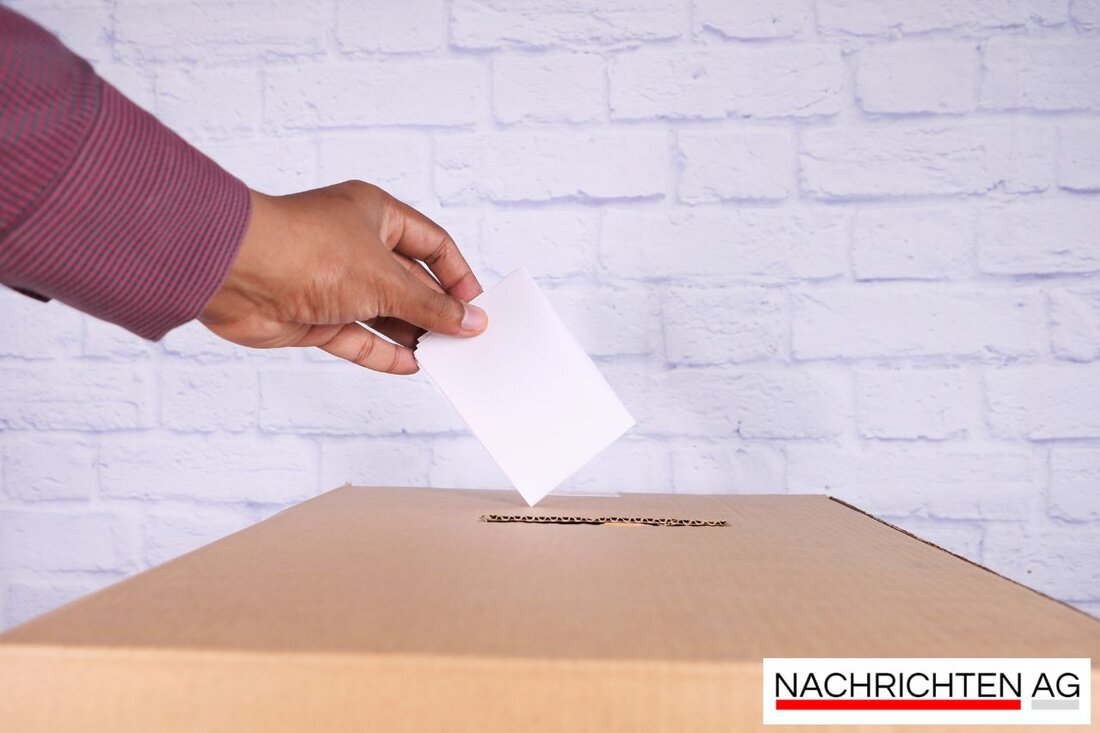Schools in a dispute: controversial visits to compulsory visits to concentration camp memorials!
Schools in a dispute: controversial visits to compulsory visits to concentration camp memorials!
Dachau, Deutschland - In Germany, the importance of visits to memorials is increasingly being discussed in the school context. The federal states contribute great importance to the work of memory on the National Socialist past. However, a current survey by the Evangelical Press Service shows that the majority of the Ministries of Education is skeptical about the demand for duty visits by pupils in concentration camp memorials. Federal Education Minister Karin Prien (CDU) brought the idea of a mandatory visit, but numerous experts and institutions reject this.
In Bavaria, visiting a NS memory for ninth graders at secondary schools and high schools is mandatory, with plans to introduce this for middle schools. In Saarland, for example, a visit to memorials is also mandatory. In Rhineland-Palatinate, schools can make such a visit, whereas no obligation is planned in most other federal states. In Hamburg, on the other hand, it is stated in the coalition agreement that a visit to the memorial should be prescribed for all students.
criticism of the obligation
Jörg Skriebeleit from the Fannenbürg concentration camp memorial, on the other hand, has had positive experiences with mandatory visits in Bavaria, where they apply to high school students and junior high school students. However, critics like Gabriele Hammermann from the Dachau memorial warn that a visit must take place under conditions that actually enable learning processes. The method of mediation and preparing the visits are crucial for learning success.
pedagogical approaches and their meaning
memorials are not only a place of the memorial, but also part of the history lessons and extra -curricular education. They complement the school examination of the Nazi era and offer a space for joint learning and commemoration. It is emphasized that the effectiveness of the visits depends heavily on careful preparation. Short -term visits like two -hour tours are considered to be less effective and can interfere with communication among young people.
To ensure a meaningful visit, it should take at least one whole day; 2-5 study days are ideal. Learning should be based on voluntariness, whereby the participants should present their previous knowledge and expectations in advance. It is recommended that the pedagogical director of the groups contact the memorials in advance in order to clarify the appropriate framework conditions. The exchange of impressions after a visit is just as important to secure the learning success and capture the experience.
The debate about the compulsory visits in memorials not only reflects the different views of the state education ministries, but also illustrates the complexity and sensitivity of the topic. Christoph Heubner, the executive vice president of the International Auschwitz Committee, calls for sustainable financing for such visits to strengthen their importance in the school context and to consolidate the culture of memory in society.
| Details | |
|---|---|
| Ort | Dachau, Deutschland |
| Quellen | |


Kommentare (0)